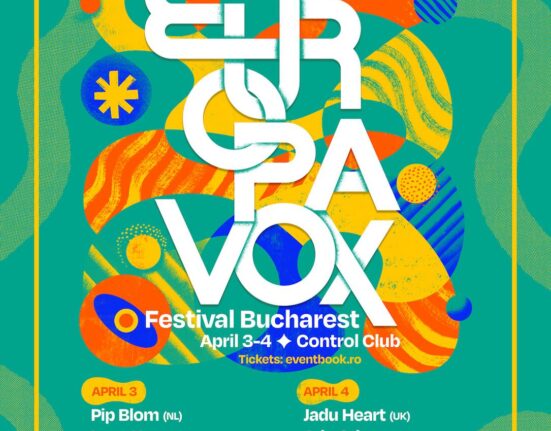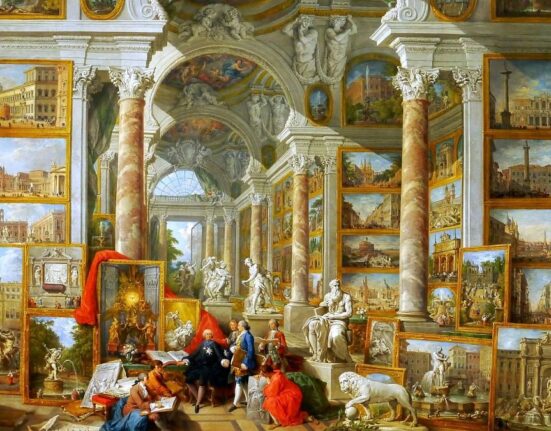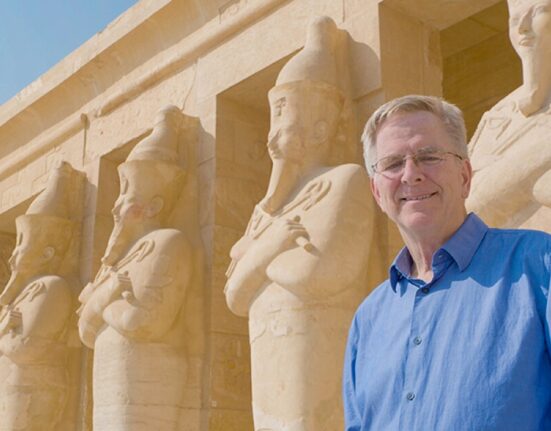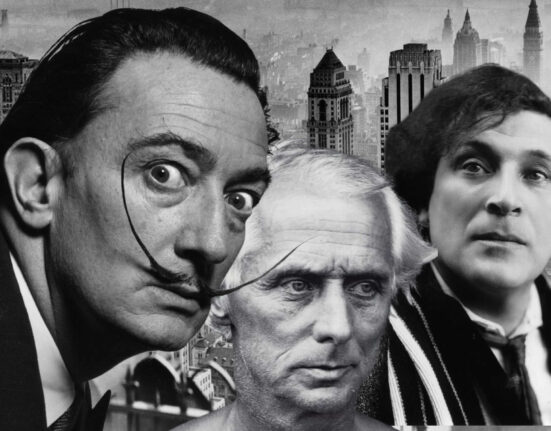“It was the same kind of friendship as Australians talk about New Zealanders,” he recalled of his childhood.
“I grew up with a Ukraine that was very connected to Russian language, Russian literature and so on.”
But he said it would take “generations upon generations” of Ukrainians for them to ever feel that way about Russia again – and only once Putin’s Stalinist and deadly repression of his home country was over.
“There’s just too much ugliness,” he said.
Gavrylyuk said he did feel compelled to support his country when war broke out.
Loading
“In the ways that I can – fighting wouldn’t be real support because I’m not quite the sporty type,” he said.
“I’ve done a lot of charity concerts, raising money for the people there, sending them money directly, that’s what I can do.”
His 66-year-old father is one of the 11,500 Ukrainians who have come to Australia since the start of the war. He said the generosity of countries, including Australia, that are supporting Ukraine’s efforts to try to repel Russian troops from their lands was something they felt “on their own skin”.
It was his parents who started him on piano lessons, under strict Soviet-style tuition, from the age of seven.
The thin walls of his building, combined with constant power outages, meant his neighbours were treated to free concerts of Chopin and Liszt as he practised, constantly.
“It was a very tough period studying, being eight or nine, having to practise up to 12 hours a day – that was my experience,” he said.
Two years later, he gave his first concert and four years after that, he was spotted during a competition in Kyiv by an Australian who awarded him and a group of other Ukrainian teens scholarships to St Andrew’s College in Sydney.
But learning so intensely may have been effective, music was a negative rather than a positive force in his life.
“It was difficult – it took me many years to reshape my relationship with the piano and music,” he says.
Loading
The trigger came at the age of 18 when he read a book by Russian actor Konstantin Stanislavski, who advocated method acting – a series of immersive rehearsing techniques. Then his own relationship with music changed.
Living in Australia also helped. Gavrylyuk said it was a “wonderful discovery” to realise that self-expression could be free.
“Australians are a very free people, everyone is completely free to express themselves in any way they like – that was a new notion to me, a nice shock, a very nice shock.”
Asked what he feels when he plays now, he described a “selflessness and ego-death” thanks to Stanislavski’s method.
“It works, actually,” he said.
Loading
“The music starts leading you, as opposed to you creating an interpretation, and that becomes much more powerful than the other way around; when you surrender to the music, it can be a very purifying kind of process.”
Gavrylyuk might not have had the easiest of relationships with music to begin with, but it’s obvious that it was always going to dominate this prodigy.
He described rushing to the piano each morning, inspired by the revelations experienced in the meditative state between sleep and dreaming.
“I wake up with all these clear, fresh visions of what should be done, and I run back to the piano,” he said.
Loading
He does not compose music himself, as he said he was still curious about how to immerse himself further into performing the music of others, and that he is still striving for more consistency with his performances.
Backstage, he plays chess on his phone to help soothe the nerves, which still come after three decades.
“The nerves are still there, and I’m happy they are because, if they were not, it would mean that you lost the connection to parts of yourself.”







